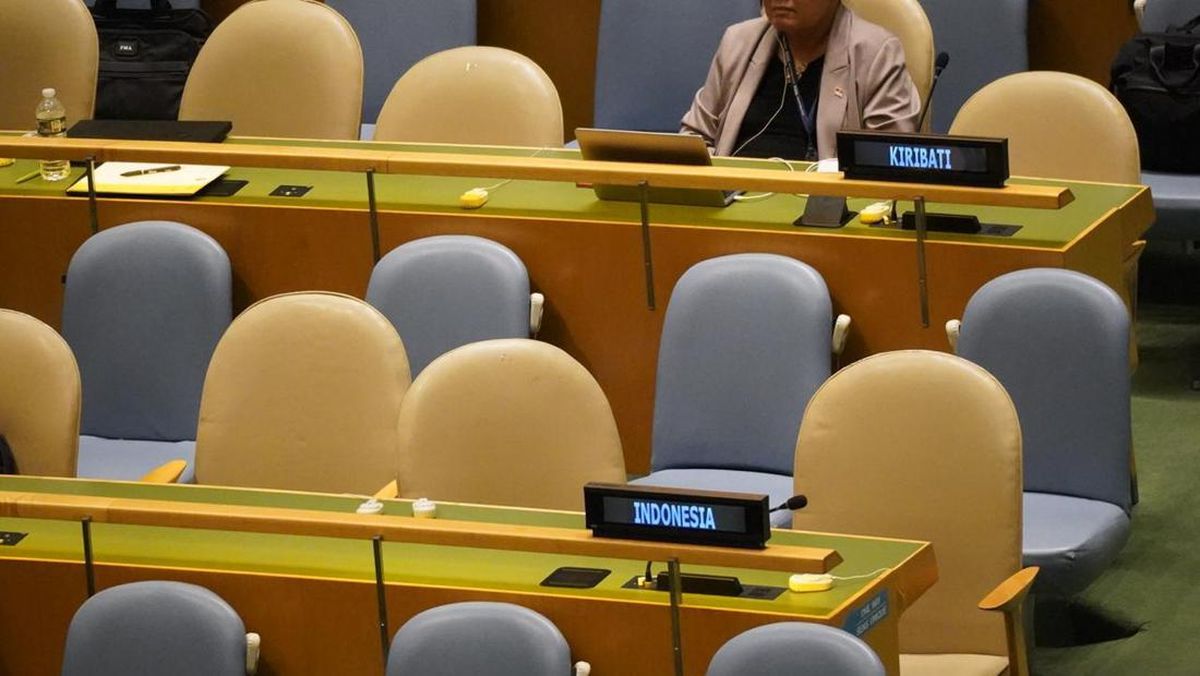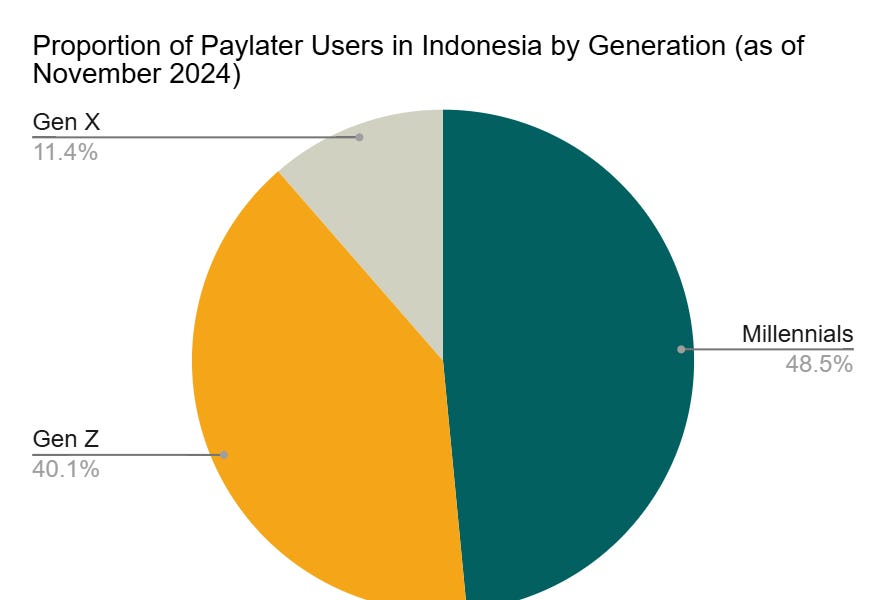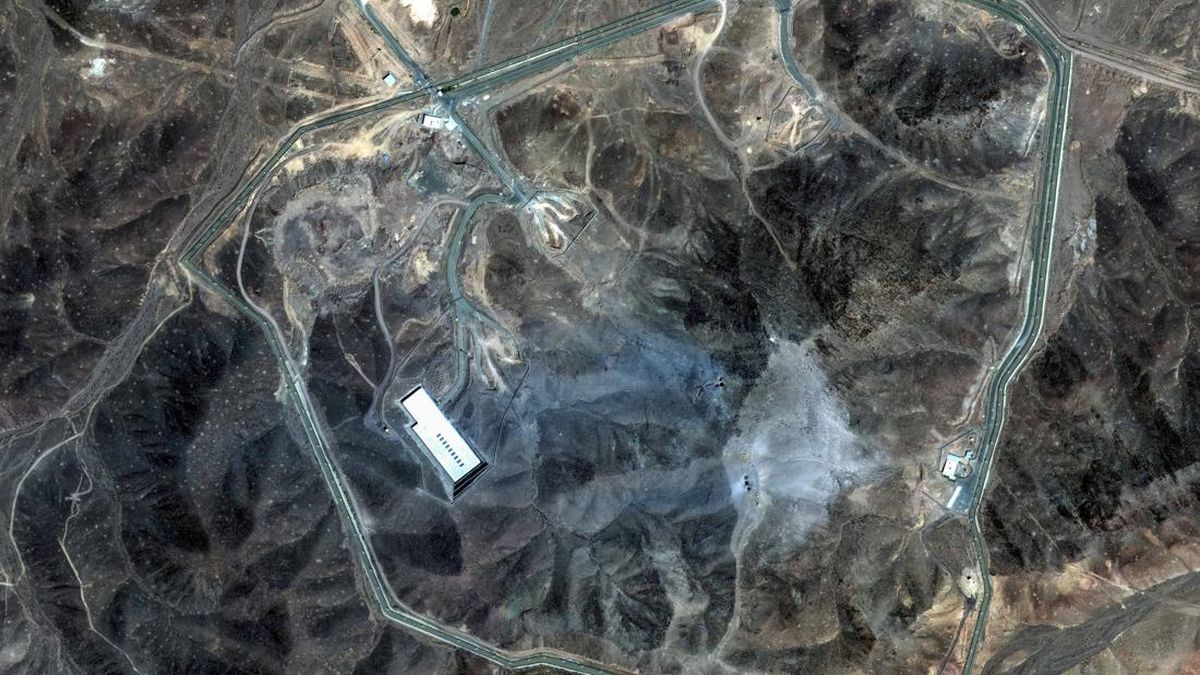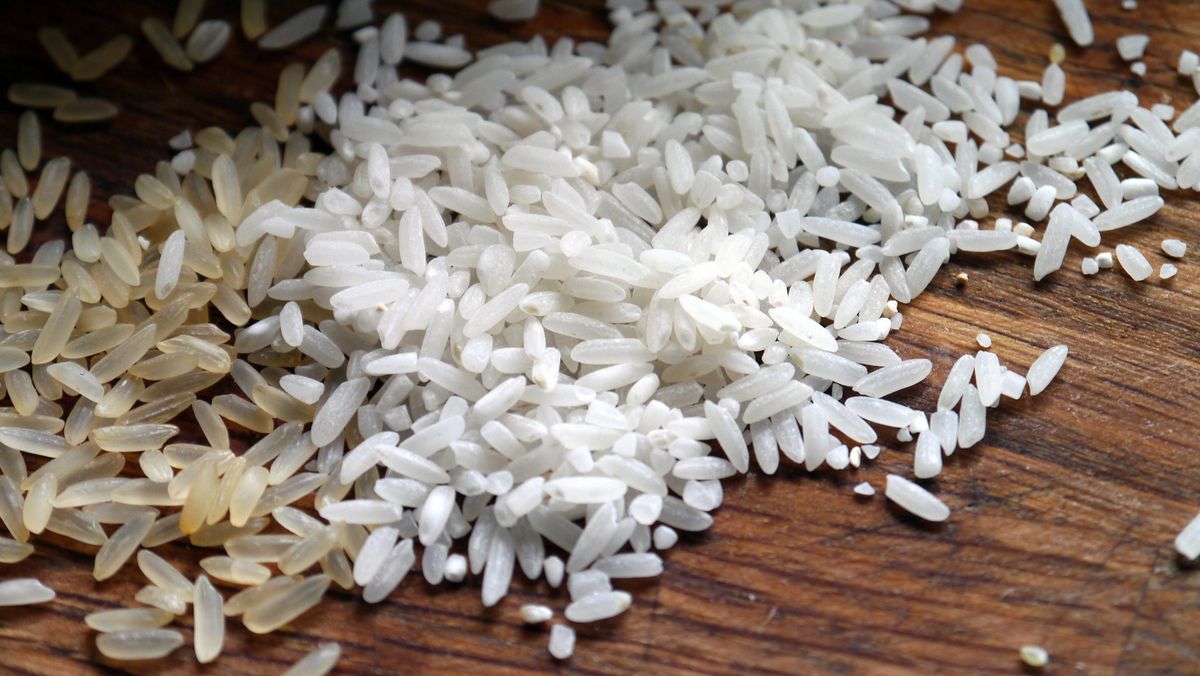Last year’s record heat led to prolonged droughts and extreme floods across the globe.
Published On 18 Sep 2025
Climate change is making the Earth’s water cycle increasingly erratic, resulting in extreme swings between deluge and drought across the world, the United Nations has warned.
The UN’s World Meteorological Organization (WMO) said in a report released on Thursday that the global water cycle was becoming ever more unpredictable, with shrinking glaciers, droughts, unbalanced river basins and severe floods wreaking havoc.
Recommended Stories
list of 3 items- list 1 of 3Two million impacted as Pakistan’s Punjab faces worst floods in its history
- list 2 of 3The real crisis isn’t climate change, ecologist Sandra Diaz says
- list 3 of 3Iraq’s rivers are drying: A nation faces water collapse
“The world’s water resources are under growing pressure and, at the same time, more extreme water-related hazards are having an increasing impact on lives and livelihoods,” WMO chief Celeste Saulo said in a statement accompanying the release of the annual State of Global Water Resources report.
 Pakistan is the latest country to be devastated by floods this year [File: Reuters]
Pakistan is the latest country to be devastated by floods this year [File: Reuters]The international group of scientists assessed freshwater availability and water storage across the world, including lakes, river flow, groundwater, soil moisture, snow cover and ice melt.
Last year was the hottest on record, leading to prolonged droughts in northern parts of South America, the Amazon Basin and Southern Africa.
Parts of Central Africa, Europe and Asia, meanwhile, were dealing with wetter weather than usual, being hit with devastating floods or deadly storms, said the report.
At a global level, WMO said, 2024 was the sixth consecutive year where there had been a “clear imbalance” in the world’s river basins.
“Two-thirds have too much or too little water – reflecting the increasingly erratic hydrological cycle,” it said.
While the world has natural cycles of climate variability from year to year, long-term trends outlined in the report indicate that the water cycle, at a global scale, is accelerating.
Stefan Uhlenbrook, WMO director of hydrology in the water and cryosphere division, said scientists feel it is “increasingly difficult to predict”.
“It’s more erratic, so either too much or too low on average flow per year,” he said.
As global warming drives higher global temperatures, the atmosphere can hold more water, leading either to longer dry periods or more intense rainfall.
Uhlenbrook said: “The climate changing is everything changing, and that has an impact on the water cycle dynamics.”
The WMO also flagged how the water quality in vital lakes was declining due to warmer weather, and glaciers shrank across all regions for the third year in a row.
The meltwater had added about 1.2mm to the global sea level in a single year, contributing to flooding risk for hundreds of millions of people living in coastal zones, the report warned.
The WMO called for more monitoring and data sharing across the board.
“Understanding and quantifying water resources and hydrological extremes … is critical for managing risks,” the report said, flagging the dangers of droughts, floods and glacier loss.

 1 month ago
15
1 month ago
15














































